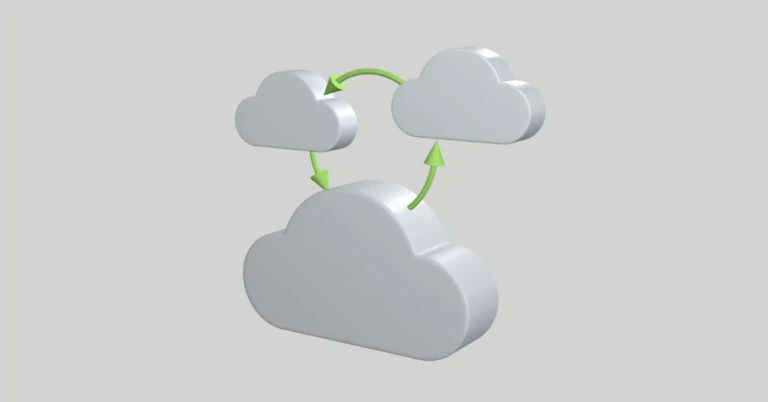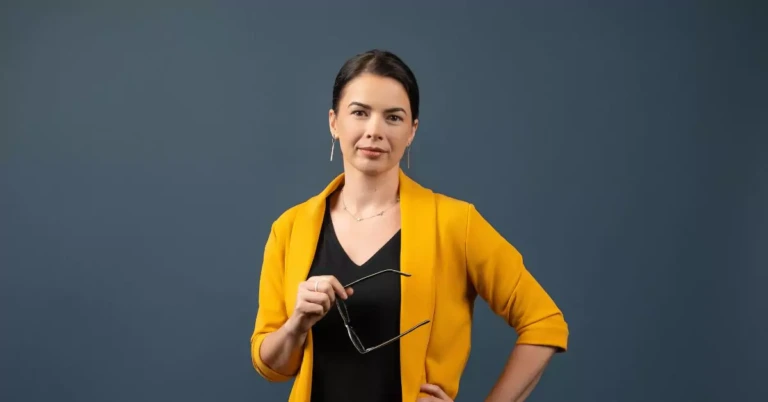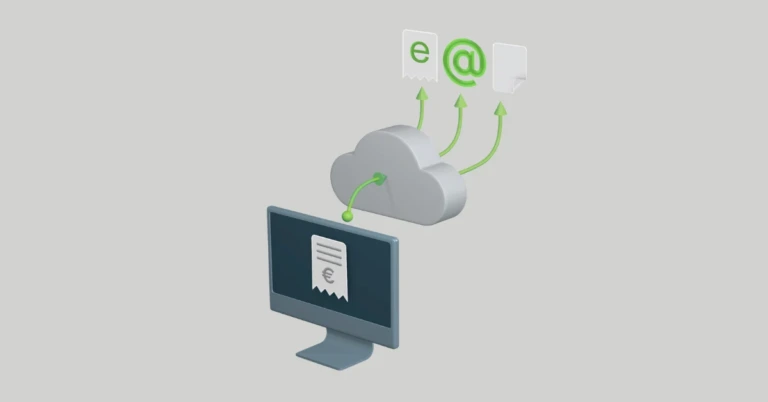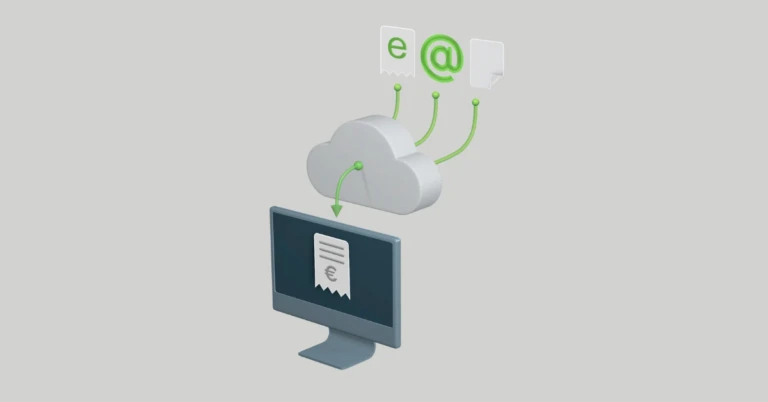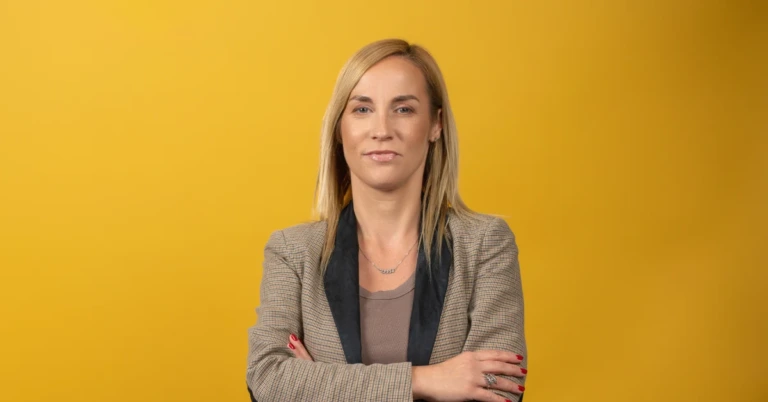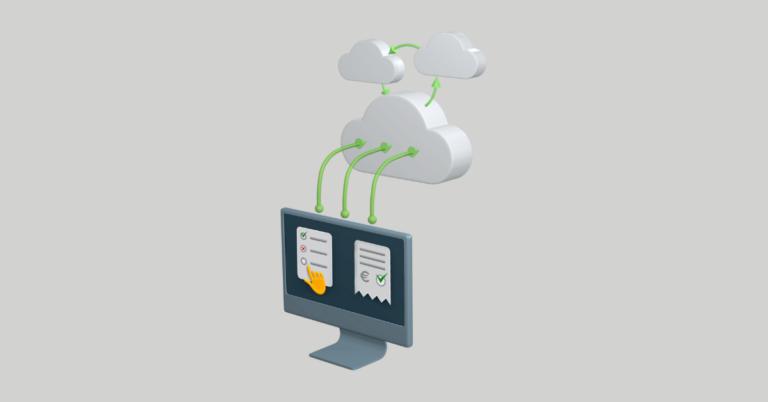
SWE vs. FIN on Peppol invoices
04.04.2023
Anti-Paper Business Club
Peppol invoices, that is e-invoices by the Peppol BIS Billing specification, have been gaining ground in the Nordics – and yet there is massive unused potential in fully embracing the standard. In Sweden, Peppol invoices are the legal B2G standard, whereas Finland relies on EU-compliant national formats. Now, the eyes are turning towards Peppol orders. We asked two representatives of Peppol authorities about the history of Peppol invoices, and what the use of Peppol BIS looks like now and in the future.
And since we love a good old competition between these neighboring countries, we couldn’t resist adding a little touch of comparison. So who’s ahead in the game?
This is Part 1 to the interview with Peppol authority representatives Keijo Kettunen from the State Treasury, Finland, and Anderz Petersson from Digg (Agency for Digital Government), Sweden, focusing on Peppol invoices. See also Part 2 on Peppol orders!
This article and the video subtitles are also available in Finnish and in Swedish.
Video: Keijo Kettunen and Anderz Petersson interviewed by Hanna Backman from OpusCapita.
The video embed may not show correctly if you’ve denied cookies. You can also watch it in YouTube.
In general, the penetration of e-invoicing in the Nordics is high, with 98% at the governmental level in Finland and above 80% in Sweden. The average for the whole public sector in the two countries, with municipalities, regions, etc. included is equally above 80%. That is for not only Peppol invoices, but all structured e-invoice formats combined. Either way, it is very positive.
It’s transformation time.
“It’s advantage for the whole Nordic area when we have a high share of e-invoices,” says Kettunen. Petersson agrees: “We often have the same kind of suppliers and demands, no matter if it’s Finland, Sweden, Norway, Denmark, or Iceland. We are small countries, so we have to collaborate and to really keep on asking for Peppol BIS Billing.”

Easy e-invoicing in all formats
Peppol, Svefaktura, Finvoice, TeApps, EHF – whatever format and connection you need.
Learn more!

Finland: The e-invoicing forerunners?
Finland has been stated as the forerunner in e-invoicing, even before the time of Peppol invoices. “There have been many reasons for that,” says Kettunen, explaining that e-invoicing started in Finland in early 2000s. “Governmental agencies started to demand e-invoices in their tenders, meaning they demanded e-invoices from their suppliers.” Today, of course, this demand for B2G e-invoicing has become standard practice in numerous countries globally.
Gradually, e-invoicing in Finland started to spread also within the private sector. Kettunen continues: “We arranged also software that small companies could use, free of charge, when sending e-invoices to the governmental offices,” Kettunen mentions. This made the progress faster, and Kettunen underlines that it all happened voluntarily in Finland.
Today, Peppol invoices have yet to make their way to Finland, as the two leading invoice standards are Finvoice or TeApps, which comply with the European standards. Both in B2G and B2B, the free tools for small suppliers continue to be of great help in raising the e-invoicing level and eliminating paper or PDF-based processes.
Sweden: From Svefaktura to Peppol invoices
In Sweden, the journey towards Peppol invoices started as various e-invoicing initiatives. Petersson comments: “We had private initiatives during the 1990s in specific sectors in Sweden for e-invoicing, and this was EDI formats.” Eventually, also the public sector started to think about e-invoices connected to their tenders.
“We also have a common interest organization in Sweden, SFTI (Single Face to Industry). It’s the collaboration where we founded the Svefaktura in 2004,” Petersson remarks the creation of the Swedish national format, comparable to Finvoice in Finland. Svefaktura spread in Sweden first in the public sector and then also in the private sector, which made it a very positive initiative in Sweden, making way for Peppol invoices.
Format facts
Finvoice & TeApps = Finnish e-invoice formats that meet the Finnish legal standards.
Svefaktura = Earlier Swedish e-invoice format, now being replaced by Peppol BIS Billing 3. Still widely used but not the legal standard.
Peppol = An interoperability infrastructure, international standard and open network. Legal B2G standard in many countries, including Sweden and Norway.
Peppol BIS Billing & Peppol BIS Ordering = Specifications for Peppol invoices and Peppol orders, aka the formats.
Peppol Access Point = Connects you to the Peppol network. There are several Peppol Access Point providers, and OpusCapita is one of them.
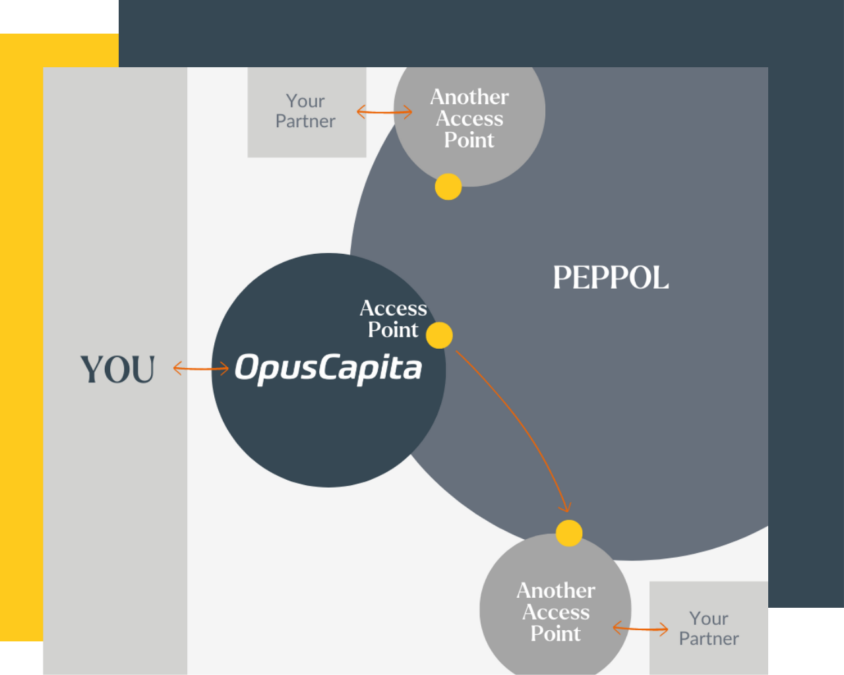
Today, however, Svefaktura is no longer the recommendation in Sweden, as Peppol invoices are the legal B2G invoicing standard. “When the EU e-invoicing directive first arrived, there was a demand for a decision from the governmental sector to tell what format to use,” explains Petersson. “So, I think it was good that our public sector decided to use Peppol BIS Billing.” Evidently, Peppol invoices are directly compliant with the EU directive.
Towards Peppol invoices and orders in all of Nordics
Even though the Nordics can take pride in the high e-invoicing penetration numbers of 80% or 90%, that final 10% still remains outside electronic invoicing. “Why is that so hard to accomplish?” asks Petersson.
One reason we all relate to is that changing to a new standard always takes some effort from all parties. “Suppliers must be aware of that,” Petersson points out. “You can’t just keep on doing the same old solution you’ve been doing for 10 years. It’s transformation time”.
You can’t just keep on doing the same old solution you’ve been doing for 10 years.
Legislation does help though, as it boosts the spreading of the single selected standard also among the private sector, as we have indeed seen in Sweden. In Finland, the use of Peppol invoices – and Peppol orders for that matter – remain still unfortunately low.
Kettunen comments: “We have Finvoice and TeApps as the two leading invoice standards, and they comply with the European standards. I can’t believe that we will move on to Peppol standard on the short run. But on the long run, we should strive for the same standard as Sweden has done.”
Governmental offices in Finland have made a decision on implementing Peppol messages by the end of 2024.
That said, the work to spread Peppol also in Finland has already started, and it turns the eyes from Peppol invoices especially towards Peppol orders. “During our Real Time Economy project by the Peppol authority, governmental offices in Finland have made a decision on implementing Peppol messages by the end of 2024,” Kettunen explains. After that, the public sector in Finland will demand also private companies to use Peppol-based e-orders and other procurement messages in B2G trade.
“During 2023, the Peppol authority works on training also private companies on the use of Peppol messages. So even though legislation is impossible just now in Finland, we are going towards Peppol messages,” Kettunen concludes.
See also Part 2 of this interview, focusing on Peppol orders. And make sure you don’t miss our following episodes; subscribe to our newsletter and you will receive them in your mailbox!
About the interviewees

Anderz Petersson works as an e-commerce specialist for public sector in Sweden, with a focus on e-invoicing and e-commerce, at Digg (Agency for Digital Government). Digg is a Swedish authority that drives the digitalization of public administration, looks after the digital infrastructure, and analyses digitalization in Sweden. In addition, the agency is the Swedish Peppol authority.

Keijo Kettunen works as a Project Leader at the State Treasury of Finland, an agency under the Ministry of Finance in charge of government loans, cash management and accounting, as well as providing internal corporate services for central government finances. Kettunen’s project, Real Time Economy for companies, promotes the use of e-invoicing and Peppol-based procurement messages, and it has started the Peppol authority function in Finland.

